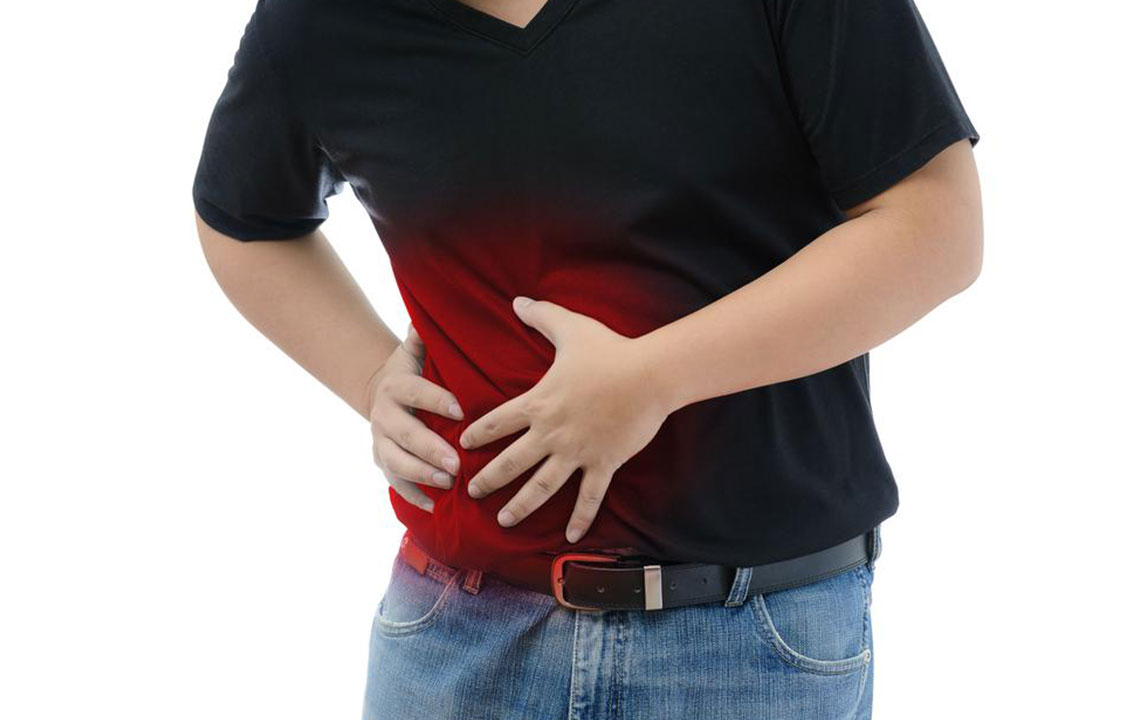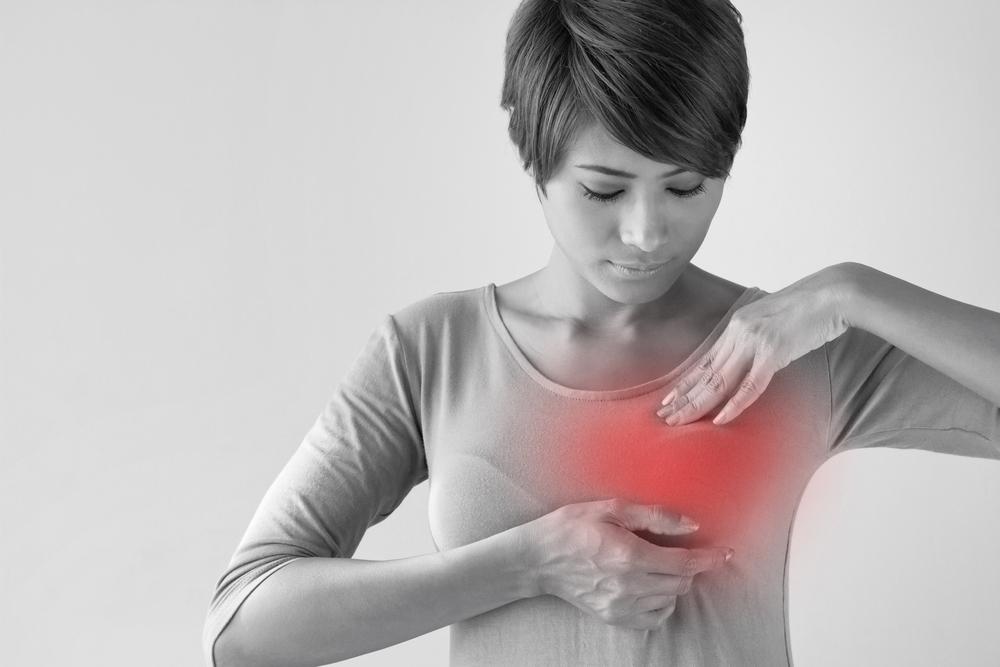Comprehensive Guide to the Top 10 Warning Signs of Heart Attacks
This comprehensive article explores the top 10 warning signs of heart attacks, emphasizing early detection and prompt medical intervention. It provides detailed descriptions of symptoms such as chest discomfort, radiating pain, dizziness, and other critical indicators. Understanding these signs can help save lives and prevent severe cardiac damage. The article also highlights preventive measures and highlights the importance of awareness for all age groups. Stay informed to protect your heart health and seek immediate help if you experience any of these symptoms.

Heart attacks, also known as myocardial infarctions, represent a leading cause of death worldwide and can strike suddenly without warning. Recognizing the early warning signs of a heart attack is crucial for timely intervention and can significantly improve survival rates. This detailed guide delves into the ten most common indicators that signal an imminent or ongoing heart attack, helping individuals and caregivers identify symptoms early and seek urgent medical attention.
Understanding Heart Attacks and Their Risks
A heart attack occurs when blood flow to a part of the heart muscle is blocked, usually due to a buildup of fatty deposits or a blood clot in the coronary arteries. This blockage deprives the heart tissue of oxygen, leading to damage or death of heart cells if not addressed promptly. Factors such as age, high blood pressure, high cholesterol, smoking, diabetes, obesity, sedentary lifestyle, and family history can increase the risk of heart disease.
Why Recognizing Symptoms Matters
Early detection of heart attack symptoms is vital. Prompt medical intervention can limit heart damage, improve outcomes, and even save lives. Some symptoms are more common in men, while others are more typical in women, emphasizing the importance of awareness across all demographics. The following list highlights the top ten warning signs that should never be ignored.
Top 10 Indicators of Heart Attacks
Persistent Chest Discomfort
The most classic symptom of a heart attack involves discomfort or pain in the chest. Usually located on the left side, this sensation can feel like pressure, squeezing, fullness, or pain. If this discomfort lasts for more than a few minutes or comes and goes, it warrants immediate medical attention. It’s critical not to dismiss chest pain, especially if it’s accompanied by other symptoms.
Nausea, Indigestion, or Stomach Pain
Many individuals experience gastrointestinal symptoms during a heart attack. These can include nausea, a feeling of indigestion, or pain that localizes in the stomach. Women are more likely to report these symptoms than men. Recognizing these signs as potential indicators of cardiac distress can prevent delays in treatment, which are often catastrophic.
Pain Radiating to the Arm or Neck
Another classic sign is pain that begins in the chest and radiates to the left arm, neck, jaw, or back. This radiating pain suggests nerve involvement and indicates that the blockage affects critical arteries supplying the heart. This symptom must prompt urgent medical evaluation, especially if it intensifies or is accompanied by other signs.
Dizziness or Lightheadedness
Sudden dizziness or feeling faint can be due to reduced blood flow from compromised heart function. In some cases, this can lead to fainting episodes. Dizziness during chest discomfort should be taken seriously as it reflects poor circulation and warrants immediate attention.
Unusual Fatigue
Feeling extremely tired even after minimal exertion can be an early warning sign. This persistent fatigue can be caused by the heart’s inability to pump blood efficiently, leading to decreased oxygen supply to tissues. If you notice a sudden change in energy levels, consult a healthcare provider.
Persistent Cough
A lingering cough that lasts more than a week, especially if it produces frothy or bloody sputum, could indicate congestive heart failure. Those with a history of heart disease should be alert to these respiratory symptoms as they may signal worsening cardiac function.
Excessive Sweating
Sudden cold sweats, especially when accompanied by chest pain or discomfort, are a serious warning sign of an impending heart attack. This symptom results from the body's stress response to cardiac distress and should prompt immediate action.
Swollen Limbs
Swelling in the legs, ankles, or feet can occur when the heart’s pumping ability weakens, causing fluid retention. Persistent limb swelling can be a sign of heart failure and requires medical assessment to prevent further complications.
Irregular Heartbeat
Experiencing episodes of irregular heartbeat, known as arrhythmias, can indicate electrical system disturbances within the heart. Repeated episodes should be investigated, as they may increase the risk of a serious heart attack or stroke.
Loud Snoring or Choking During Sleep
Heavy snoring, choking, or pauses in breathing while sleeping may point to obstructive sleep apnea. This condition adds significant stress on the heart, raising the risk of hypertension, arrhythmias, and attacks. Proper diagnosis and treatment can reduce cardiovascular risks associated with sleep apnea.
Preventive Measures and When to Seek Help
Understanding these warning signs empowers individuals to act swiftly. If you experience any combination of these symptoms, especially chest pain combined with other signs like dizziness or sweating, call emergency services immediately. Delay can lead to irreversible heart damage or death.
Conclusion
Awareness and prompt action are keys to reducing the devastating effects of heart attacks. Regular health check-ups, managing risk factors like blood pressure and cholesterol, maintaining a healthy lifestyle, and recognizing early symptoms can save lives. Educate yourself and those around you about these critical signs, ensuring everyone is prepared to respond effectively in an emergency.
Remember, when in doubt, always seek medical attention. Your life could depend on it.





